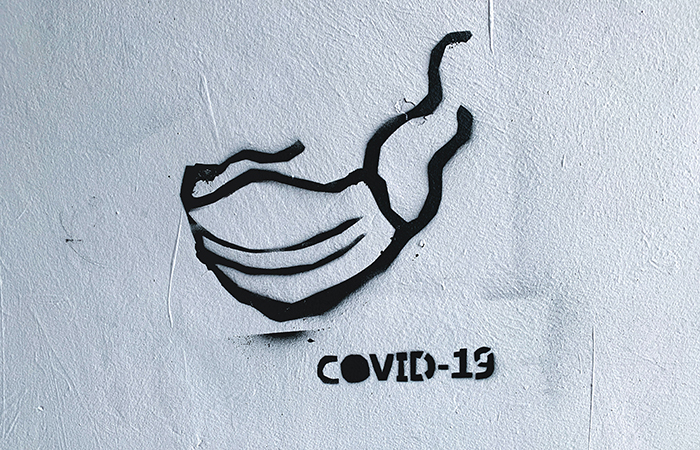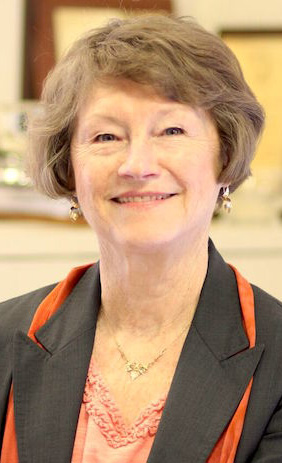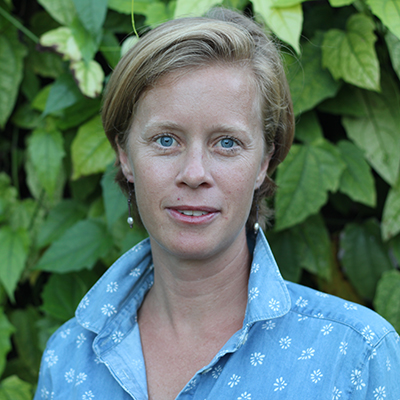Public Health in a Time of Pandemic

Photo by Adam Nieścioruk via Unsplash.
Public Health in a Time of Pandemic
BU Law and School of Public Health Professor Wendy Mariner breaks down the US response to COVID-19.
When it comes to controlling infectious diseases, mandatory quarantines should be a rare exception to the rule, according to Boston University School of Law Professor Wendy Mariner, who studies the laws governing health risks.
Instead, Mariner argues in a recent article, governments should approach public health in a “rights-based” manner, or one that respects people’s individual rights to liberty and enables them to access basic goods and services so that they are able to comply with recommended mitigation measures.
That’s generally what the United States has been doing as it and the rest of the world confront the novel coronavirus COVID-19. Instead of mandatory quarantines, most states are issuing social or physical distancing guidelines, urging people to limit their exposure voluntarily; and, in March, Congress passed two new laws—the Families First Coronavirus Response Act and the Coronavirus Aid, Relief, and Economic Security (CARES) Act—to expand unemployment and other social benefit programs.

“That’s the good news,” says Mariner, who is also on the faculty of the School of Public Health. “The bad news is that we will probably need this kind of assistance for much longer than the legislation authorizes.”
Mariner coauthored the textbook Public Health Law (the third edition with BU Law and School of Public Health Professors George J. Annas and Nicole Huberfeld and School of Public Health Professor Michael R. Ulrich). Throughout her career, Mariner has argued that good public health systems are the result of laws that ensure people have reliable income and access to housing, education, and health care. Such systems, in turn, create resilient populations, which are better able to withstand the disruptions that emergencies cause.
With effective preparation, she says, the United States would have had adequate tests to determine quickly who was infected with COVID-19 and employ contact tracing to discover others who might have been exposed. But, as things stand, because of a unique characteristic of the virus—that it can be spread by people who are asymptomatic—stay-at-home recommendations are the best option, albeit a “last resort.” Such orders, which have been issued by a majority of states and mostly take the form of recommendations, are appropriate, especially in the absence of evidence-based federal guidelines, she says, even if some have come much later than she would have liked.
“Viruses don’t pay attention to boundaries,” she says. “An effective response has to be nationwide and consistent. Having each state make its own decisions—especially without knowing who might be infected—is a recipe for confusion and inconsistency.”
In 2018, Mariner and Ulrich published “Quarantine and the Federal Role in Epidemics,” an SMU Law Review article critiquing US quarantine regulations, which were enacted after the Ebola scare despite widespread opposition from public health and civil rights experts.
“When people ask what laws are relevant during an epidemic, too often the answer is: quarantine,” she says. “But that’s not the only option you have, and, in fact, it’s not a very useful option.”
Most quarantine laws contemplate isolating the rare individual who is both infected and likely to put others at risk, and even then only with a court order—a form of civil commitment.
“This country does not typically lock people up just in case they might do something bad in the future,” she says. “Voluntary cooperation is easier and cheaper. The vast majority of the population is willing to do the right thing.”
Mandatory quarantines of cities or states can cause more harm than good, Mariner says, by sowing distrust, which can then “create resistance to even sensible recommendations.”
Meanwhile, when government officials ask people to stay home, they need to address the loss of livelihood that generally follows. Mariner points out that most existing sick leave policies are for people who are actually sick or caring for someone who is. People who lose their jobs also lose their employer-sponsored health insurance, and food assistance programs are often contingent on work requirements. These policies don’t make sense in a pandemic in which people are being told not to go to work, even if they are healthy.
Although she praises the federal legislation passed so far in response to COVID-19, Mariner says she worries the laws are too little, too late.
COVID-19 “reveals the gaps in many laws governing our normal conditions,” she says. “I hope that it becomes sufficiently obvious that we need to take steps to plug these holes and make it possible for people to stay safe and healthy.”
Related News
- Making an Impact in Healthcare and Law
- Professor Appointed to ABA’s COVID-19 Task Force
- Employment and Recruiting While Social Distancing
